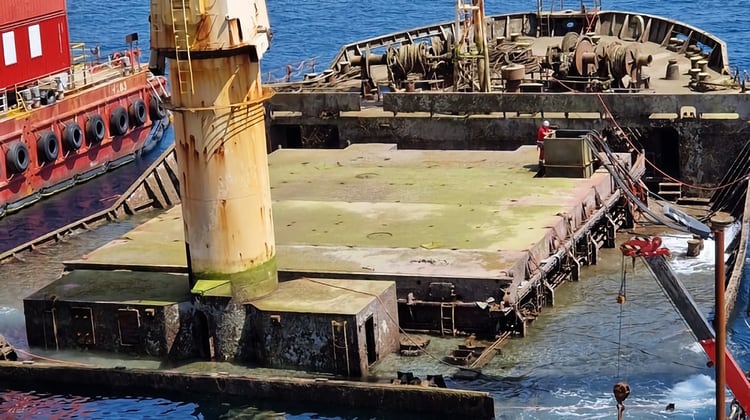Eduardo González
The Government of Daniel Ortega consulted the Kremlin before refusing to sign the final declaration of the last Summit of Heads of State and Government of the European Union (EU) and the Community of Latin American and Caribbean States (CELAC), in which all the participants spoke out against Russia’s war in Ukraine, including the representatives of Cuba and Venezuela and with the sole exception of Nicaragua.
As reported last week by the Nicaraguan newspaper El Confidencial, the Daniel Ortega regime maintained “close contact” and took “into account the opinion” of the Government of Vladimir Putin during the Summit, held on July 17 and 18 in Brussels in the framework of the current Spanish Presidency of the EU.
In the final declaration of the Summit, the signatory leaders expressed their “deep concern about the ongoing war against Ukraine, which continues to cause immense human suffering and is exacerbating existing fragilities in the world economy, limiting growth, increasing inflation, disrupting supply chains, increasing energy and food insecurity, and heightening risks to financial stability.”
According to the aforementioned Nicaraguan newspaper – founded by journalist Carlos Fernando Chamorro Barrios, son of former President Violeta Chamorro and who recently received Spanish nationality after being expelled and stripped of his citizenship by Daniel Ortega – the Russian Foreign Minister , Sergei Lavrov, recently sent a letter to his Nicaraguan counterpart, Denis Moncada Colindres, in which he expressed his “appreciation” for the “close operational contact” he maintained “with the Russian Ministry of Foreign Affairs” during the Summit and for having taken “our opinion and evaluations into account”. The letter is signed on July 20 and was officially released on July 26.
By refusing to sign the declaration, Lavrov continued, the Nicaraguan government had managed “not only to frustrate the attempts of Washington’s European satellites to impose their will in Latin America and the Caribbean, but also to create an important precedent for their prevention in the future”. “We sincerely thank fraternal Nicaragua for the firm and self-sacrificing support in defending our common values and approaches in international affairs,” he added.
The condemnation of the Russian invasion marked the development of the entire EU-CELAC Summit, in which Nicaragua was represented by Denis Moncada. The objective of the EU was to condemn Russia, but faced with the rejection of Nicaragua, Cuba and Venezuela, a less forceful formula was chosen that was finally accepted by Havana and Caracas, but not by Nicaragua. The Ortega regime has voted against all the UN General Assembly resolutions condemning the war. Cuba has abstained and Venezuela has not voted.








